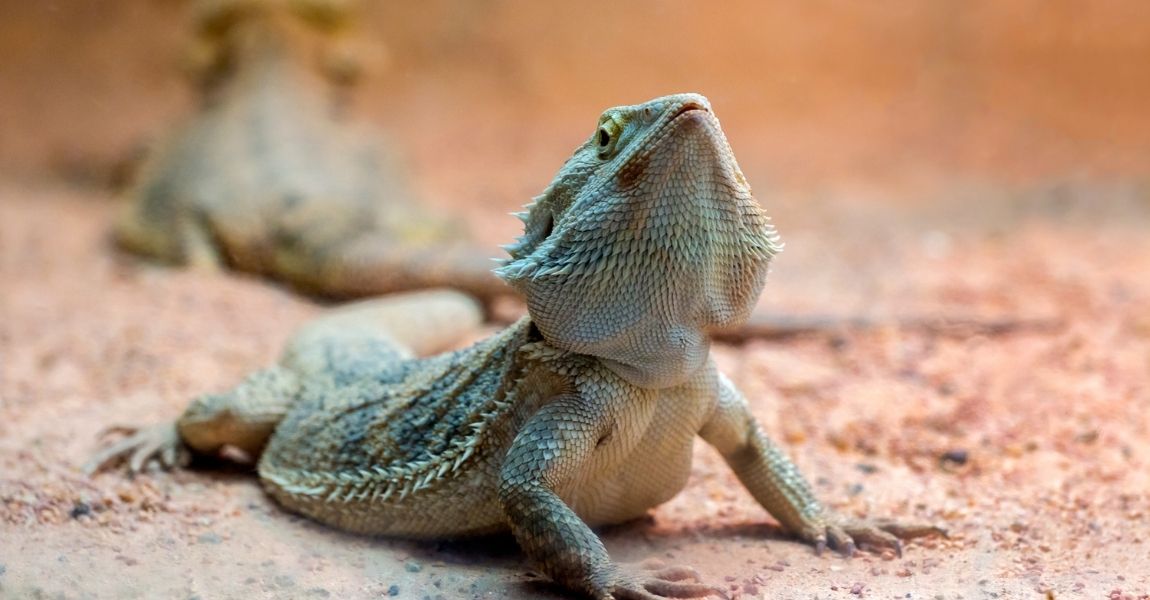Sugar gliders are enchanting and social animals that have gained popularity as exotic pets. Their adorable appearance and playful nature make them captivating companions. However, before deciding to adopt a sugar glider, it is crucial to understand their unique needs and requirements. In this article, we will explore important considerations to help you make an informed decision and provide the best possible care for your pet sugar glider.
Commitment and Lifespan:
Sugar gliders have an average lifespan of 10 to 15 years, but they can live even longer with proper care. Owning a sugar glider is a long-term commitment that requires time, attention, and dedication. Ensure you are ready to provide consistent care and companionship throughout their lives.
Social Nature:
Sugar gliders are highly social animals and thrive in the company of their own kind. It is advisable to adopt at least two gliders to prevent loneliness and promote their mental well-being. If you are unable to adopt multiple gliders, be prepared to dedicate a significant amount of time to interact and bond with your sugar glider.
Legal Considerations:
Before adopting a sugar glider, familiarize yourself with the legalities surrounding their ownership in your area. Some regions have specific regulations or restrictions on keeping sugar gliders as pets. Ensure that you are legally allowed to own a sugar glider and comply with any licensing or permit requirements.
Space and Enclosure:
Sugar gliders require a spacious and enriching environment to thrive. A large enclosure with vertical space, branches for climbing, hiding places, and toys for mental stimulation are essential. The enclosure should be escape-proof, well-ventilated, and safe for gliders to explore and glide within.
Diet and Nutrition:
Proper nutrition is crucial for the health of your sugar glider. Their diet should consist of a balanced mix of fresh fruits, vegetables, protein sources (such as insects or cooked lean meats), and a specialized sugar glider pellet diet. Seek guidance from a veterinarian experienced in sugar glider care to ensure you provide a nutritionally balanced diet.
Veterinary Care:
Finding a veterinarian with knowledge and experience in sugar glider care is vital. Regular check-ups, vaccinations, and preventive care are necessary to maintain your glider's health. Sugar gliders are prone to certain health issues, including dental problems and nutritional deficiencies, so it's essential to schedule regular veterinary visits for their well-being.
Nocturnal Lifestyle:
Sugar gliders are nocturnal animals, meaning they are most active during the night. It's important to understand and respect their natural sleep patterns. Be prepared for their active play and gliding sessions during the evening and early morning hours, and ensure they have a quiet and dark sleeping area during the day.
Financial Considerations:
Owning a sugar glider comes with financial responsibilities. Expenses include purchasing or building an appropriate enclosure, providing a balanced diet, veterinary care, toys, bedding, and other supplies. Budget for ongoing expenses and potential veterinary emergencies to ensure you can provide for your sugar glider's needs.
Bonding and Training:
Building a bond with your sugar glider requires patience and time. Allow them to acclimate to their new environment gradually, and provide positive and consistent interaction to develop trust. Gentle handling and bonding exercises can help establish a strong and secure relationship. Consider their individual personalities and temperaments when training and interacting with your glider.
Educate Yourself:
Continuously educate yourself about sugar glider care. Stay updated on their nutritional requirements, behavior, enrichment, and health considerations. Join online communities or local sugar glider groups to connect with experienced owners and gain valuable insights.
Conclusion:
Adopting a sugar glider can be a rewarding experience, but it requires careful consideration and preparation. By understanding the commitment involved, the social nature of sugar gliders, legal requirements, space and enclosure needs, proper nutrition, veterinary care, nocturnal lifestyle, financial considerations, bonding and training, and continuous education, you can provide a loving and enriching environment for your pet sugar glider. Responsible ownership ensures the well-being and happiness of these captivating creatures throughout their lives.





